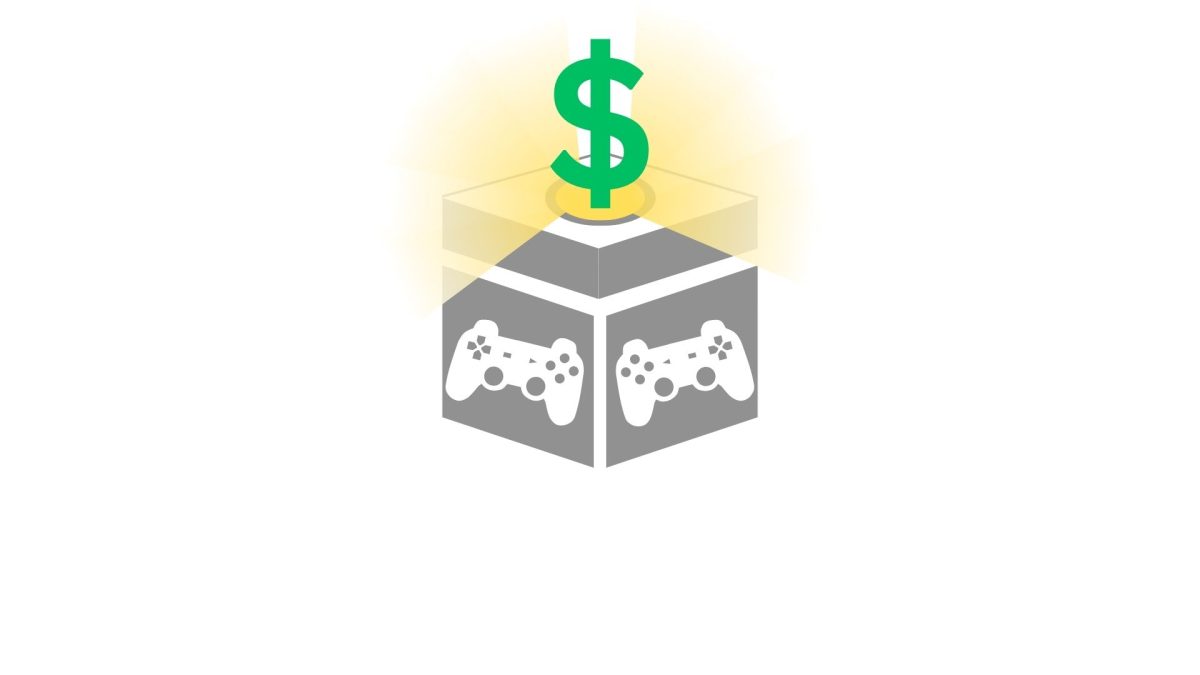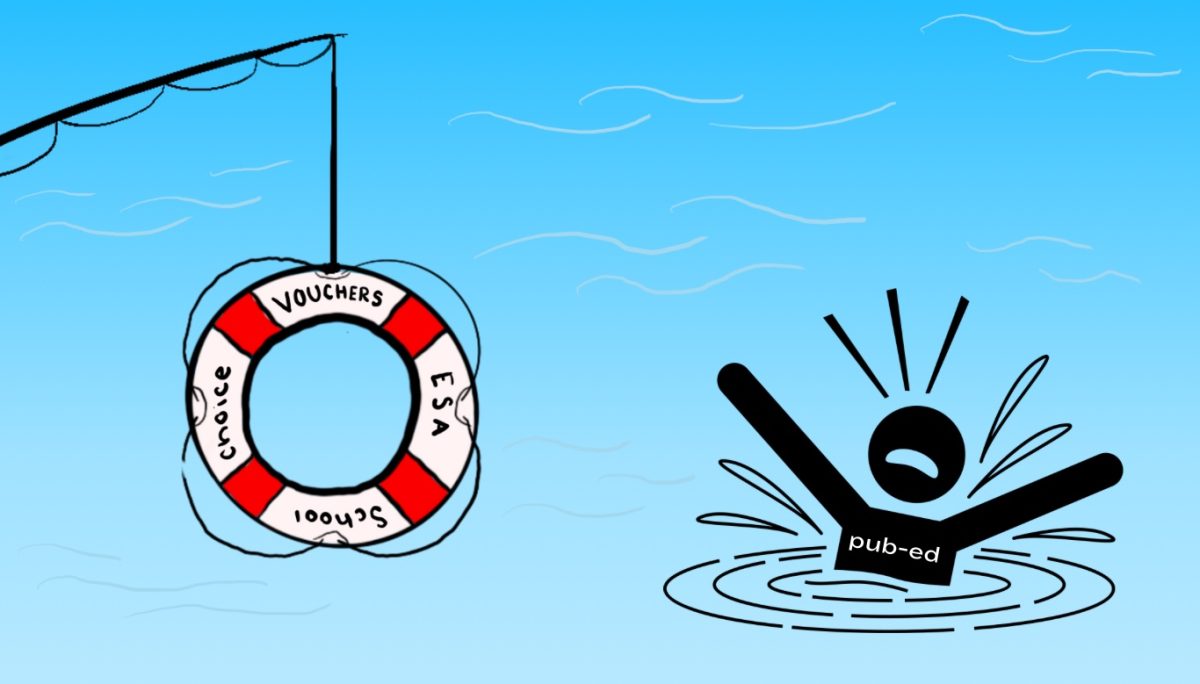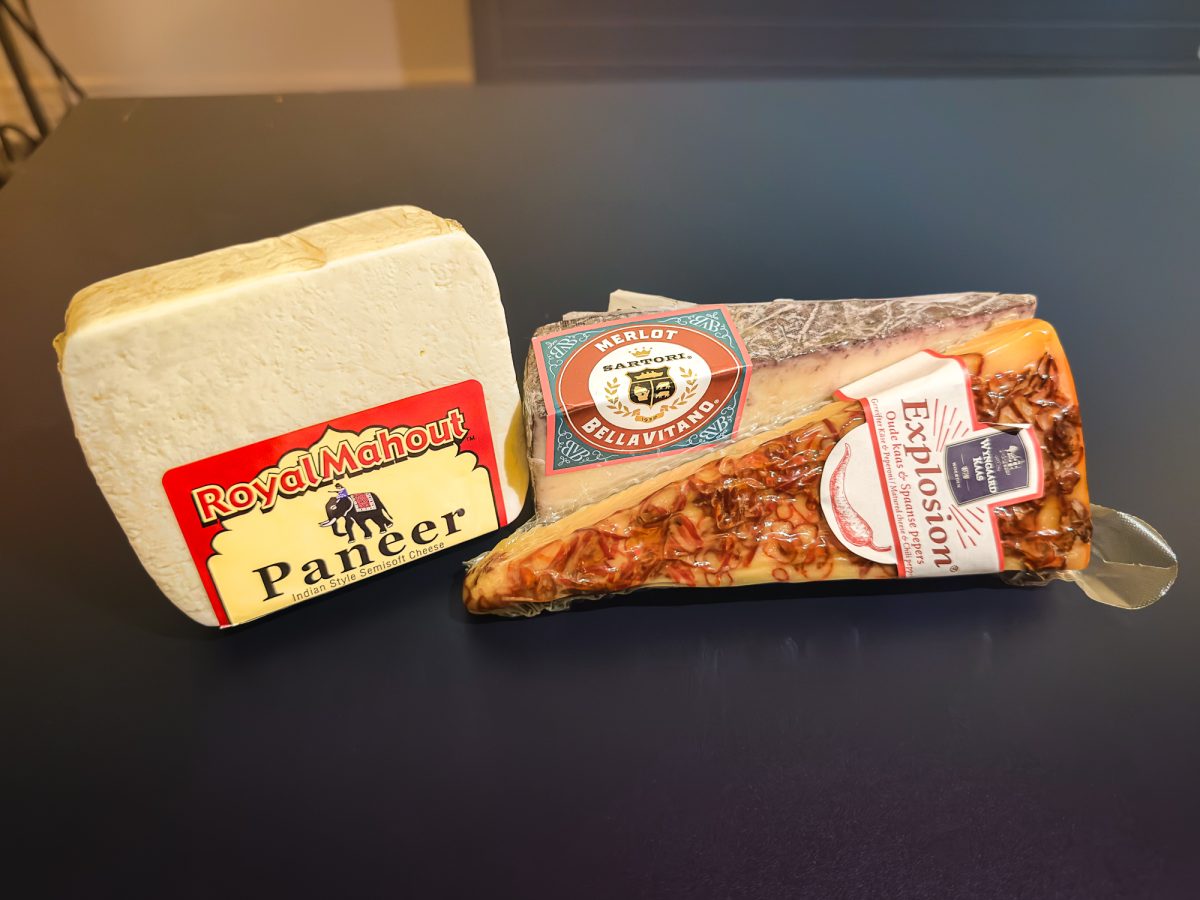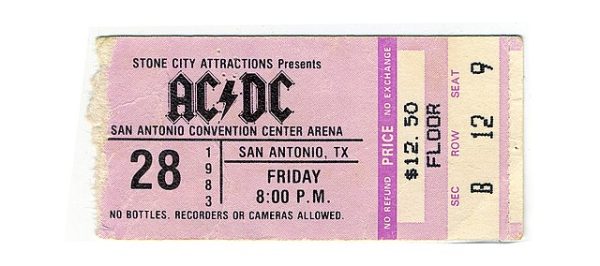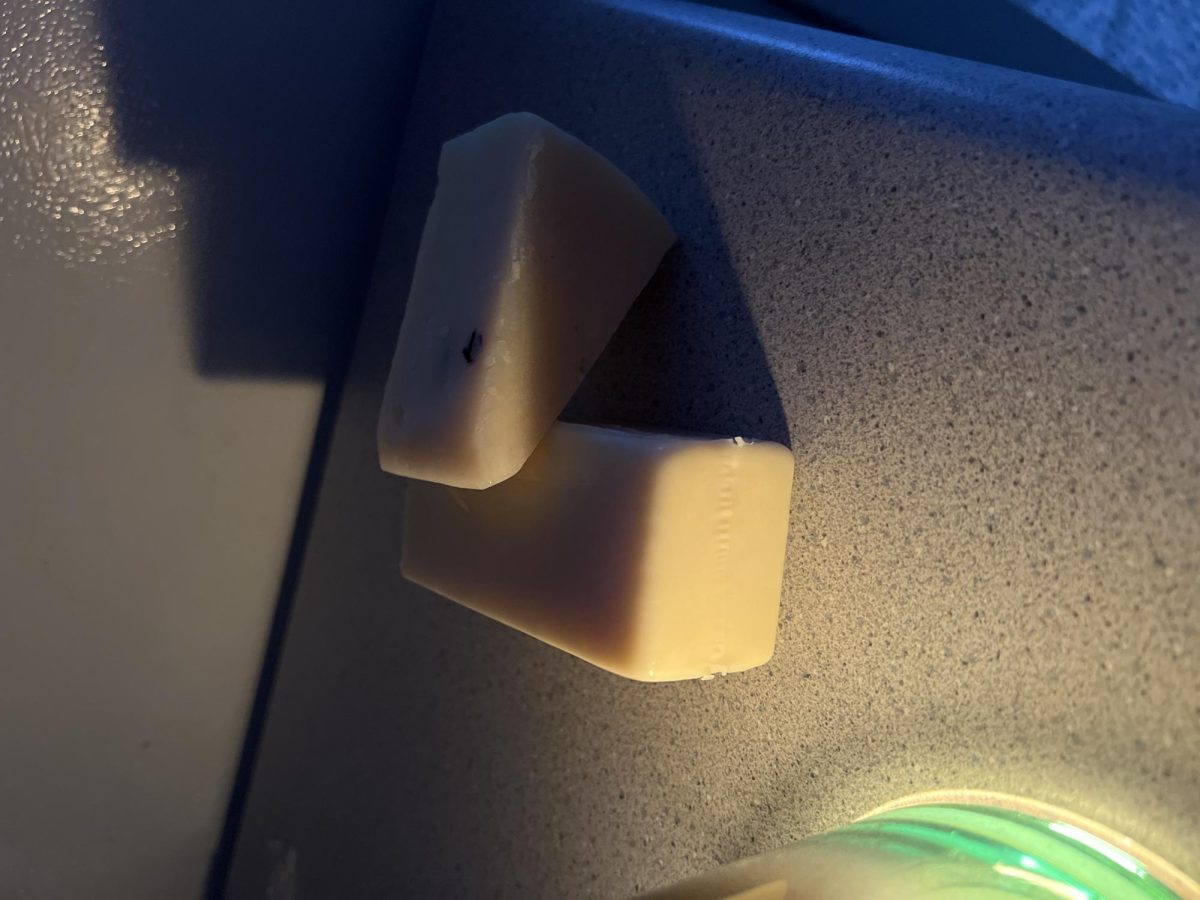Monetization is a must for any kind of business. How else are a company and its employees supposed to sustain themselves if they aren’t making any money? In olden times, games could be played for a quarter in the neighborhood arcade, but modern internet companies have discovered new ways to make their money. How these numerous companies in the game development industry have gone about making their money, however, has been a consistent source of controversy.
Players have had to pay to play video games since the arcade era. The arrival of consoles and personal computers led to game makers selling copies of their games via cartridges, CDs and eventually digital downloads through online marketplaces. As the video game consumer base grew and gaming as a whole became more mainstream, live service games became the new face of gaming. These games focus on online multiplayer and recurring gameplay that entrances players for hours. Consequently, companies began looking for new ways to cash in on their ensnared player bases.
Over the years, many companies implemented various monetization methods in their games. If you have played a modern video game, you have likely heard of downloadable content, also called DLCs, which offer new content to add to an existing game. Chances are, you have also seen some form of in-game marketplaces, especially in the mobile game market, where you can utilize real-world money or some form of premium currency to purchase in-game items. This sort of purchase is called a microtransaction.
While these methods of monetization have become commonplace, none have become quite as infamous as what is commonly known as the “loot box.”
A loot box is an item, either purchased or earned via gameplay, which provides players with a randomized reward. Multiple big games of the mid 2010s had a form of loot box available for purchase. Standout examples include Overwatch, FIFA and Star Wars Battlefront 2. Star Wars Battlefront 2 became the source of a large-scale controversy because of their loot boxes, with some arguing that loot boxes were similar to gambling. Despite resistance from the industry, a number of countries have done investigations and/or placed restrictions on loot boxes; they have begun to die out.
But after all of this, will monetization in video games get worse?
Unfortunately, it already has.
With the fall of the loot box came about a new monetization system popularized by PUBG: Battlegrounds and Fortnite’s battle pass. Unlike the chance-based loot box, the battle pass requires players to work to reach certain tiers of achievement, each of which grant the player different rewards. Battle passes also expire after a period of time, incentivising players to keep buying new battle passes for more rewards. This creates an unending money hole, with players repeatedly shoveling more money for a new battle pass that may not add anything more than a few cosmetic items.
Players describe working through a battle pass as a “grind,” an age-old term in the video game community that describes players contributing a notable amount of time and effort to reach an in-game goal. Also, it is not uncommon for battle passes to cost a notable portion of a game’s up front cost, with some premium battle passes costing between $10 to $15. Charging this amount of money for what are often nothing but cosmetics that add no further gameplay or interactive content is simply ridiculous and greedy. Since players have to buy a new battle pass every few weeks, this recurring expenditure adds up. Don’t believe me? Let me show you.
Quick disclaimer: Fortnite is free to download and play. You are not required to buy Fortnite’s premium battle pass to play the game. For the sake of this example, let’s say you do buy this battle pass for every season they have been available as of October 2023. The price of the premium battle pass in Fortnite is 950 V-bucks, Fortnite’s premium currency, which would cost exactly $9.50 USD. At the time of me writing this, Fortnite has had 22 ‘seasons,’ each with their own battle pass. In total, you would have a final cost of around $209, not including taxes, if you had bought the premium battle pass every season without using in-game currency earned in gameplay or during the previous battle pass.
See what I mean now? Battle passes being optional does not make this issue better. The industry is as greedy as ever and the players know it, with some already beginning to protest this new and at times “predatory” monetization system. Once battle passes fall out of fashion, however, I fear what the industry might make next.


